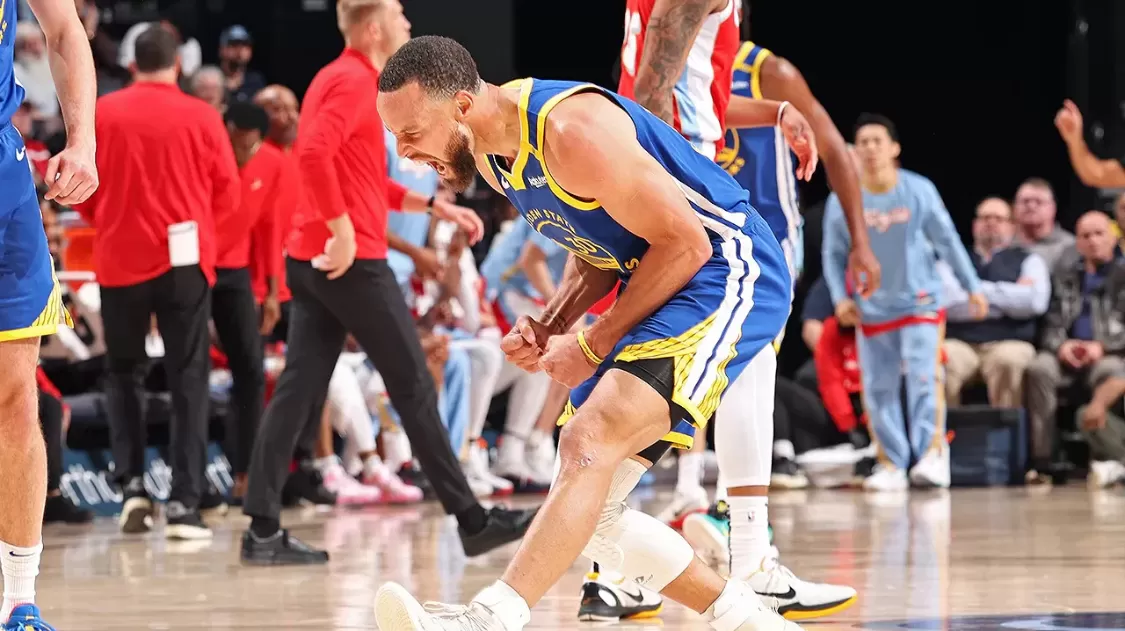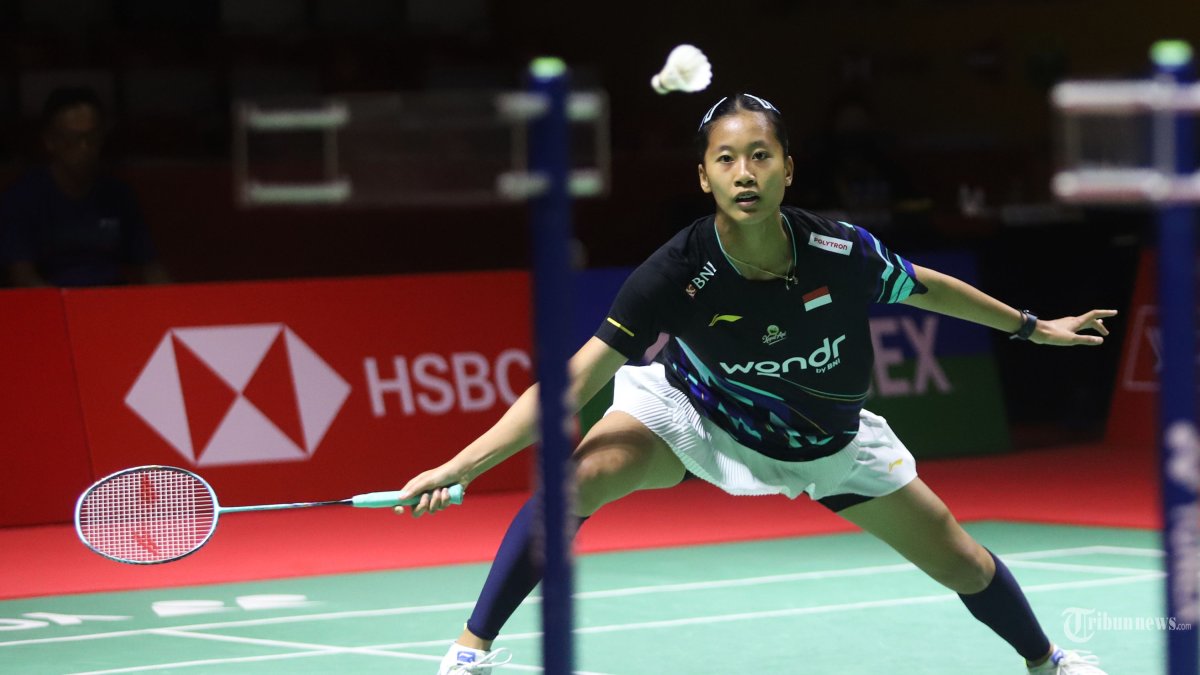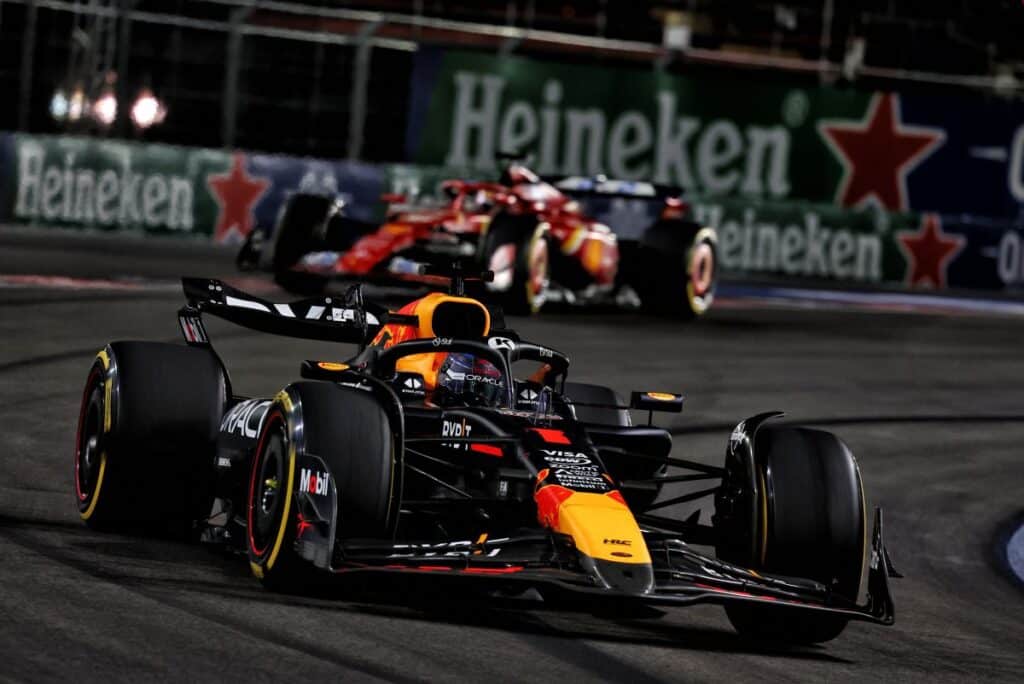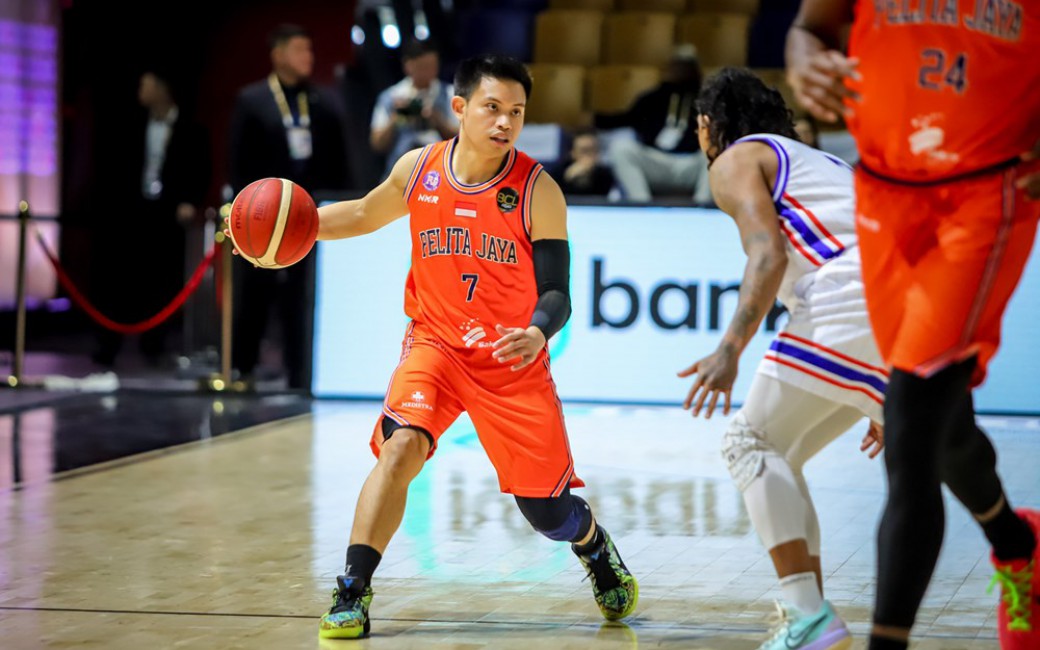Golden State Warriors sukses mencuri kemenangan penting saat bertandang ke markas Memphis Grizzlies dalam lanjutan NBA 2024/2025, Rabu pagi (2/4/2025) WIB. Bermain di FedExForum, Warriors…
Leave a CommentBLOG SPORT Posts
Stephen Curry tampil di bawah performa terbaiknya saat Golden State Warriors harus mengakui keunggulan Denver Nuggets dengan skor 105-114 di Chase Center, San Francisco. Akurasi…
Leave a CommentLos Angeles Lakers sukses memutus empat kekalahan beruntun dengan kemenangan meyakinkan atas Phoenix Suns, 107-96, dalam laga kandang hari Minggu (16/3/2025). Meskipun tanpa LeBron James,…
Leave a CommentPembalap Ducati Lenovo, Marc Marquez, kembali menunjukkan dominasinya dengan menjadi yang tercepat dalam sesi kualifikasi MotoGP Argentina 2025 di Autodromo Termas de Rio Hondo, Sabtu…
Leave a CommentLos Angeles Lakers yang sebelumnya menikmati delapan kemenangan beruntun di NBA 2024/2025 akhirnya mengalami kekalahan pertama mereka sejak 20 Februari 2025. Kekalahan ini terjadi saat…
Leave a CommentPutri Kusuma Wardani siap melakoni debutnya di All England 2025. Tunggal putri Indonesia ini mengungkapkan bahwa ia sangat antusias menyambut laga perdananya di turnamen bulu…
Leave a CommentVidio dengan bangga mengumumkan bahwa mereka akan menyiarkan Formula 1 musim 2025 secara lengkap dan eksklusif mulai dari Grand Prix (GP) Australia pada 14 Maret…
Los Angeles Lakers kembali menunjukkan performa impresif dengan meraih tujuh kemenangan beruntun di NBA 2024/2025 sejak Februari lalu. Korban terbaru Lakers adalah New Orleans Pelicans,…
Pelita Jaya Jakarta memulai laga pertamanya di home base yang baru direnovasi, GMSB, dengan performa yang luar biasa. Mereka meraih kemenangan telak 77-65 atas Bali…
Leave a CommentRider Ducati Lenovo, Marc Marquez, berhasil mengambil langkah besar untuk kembali meraih gelar juara dunia MotoGP 2025. Pada seri pembuka di Thailand, Marquez berhasil meraih…
Leave a Comment








